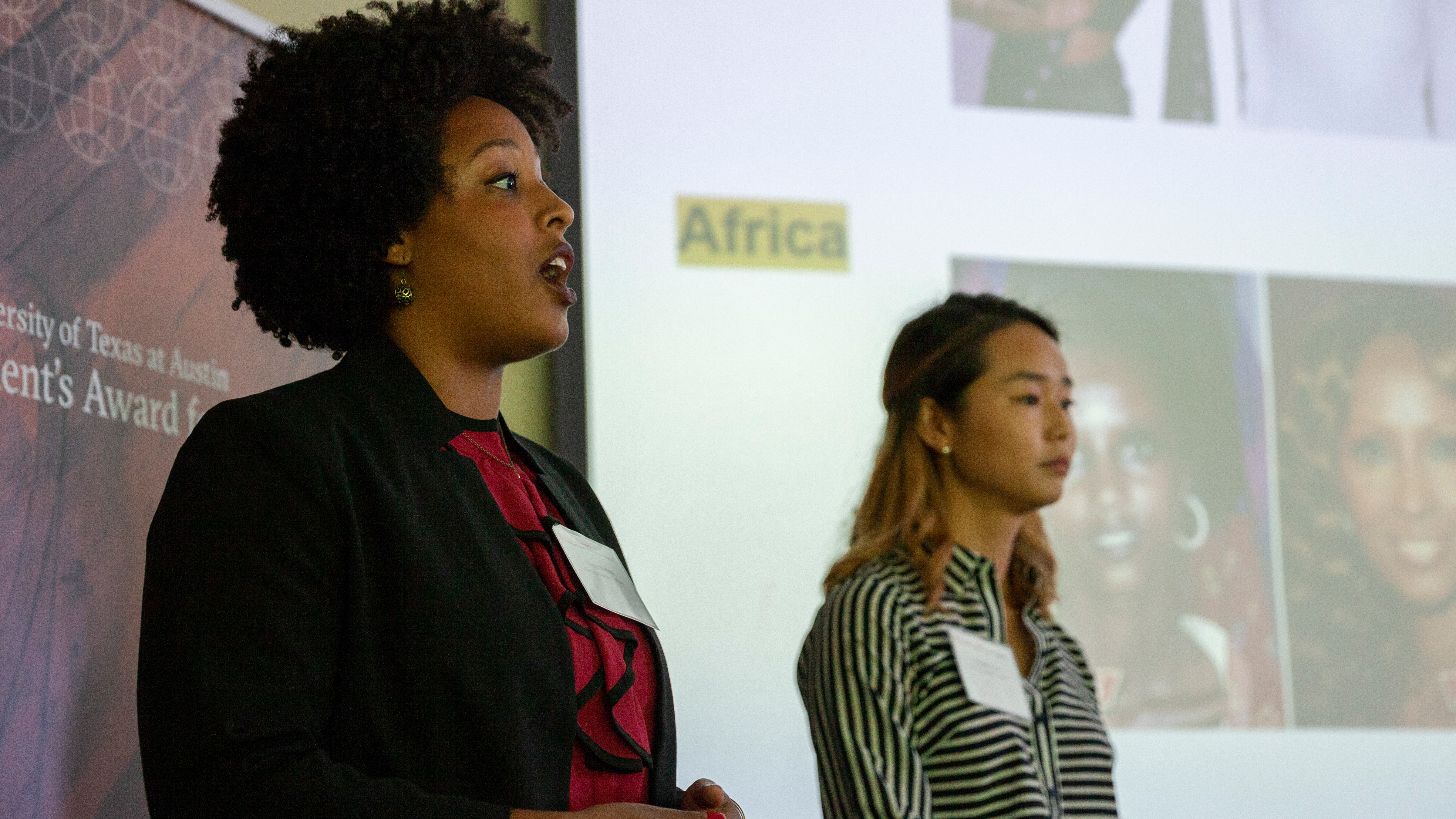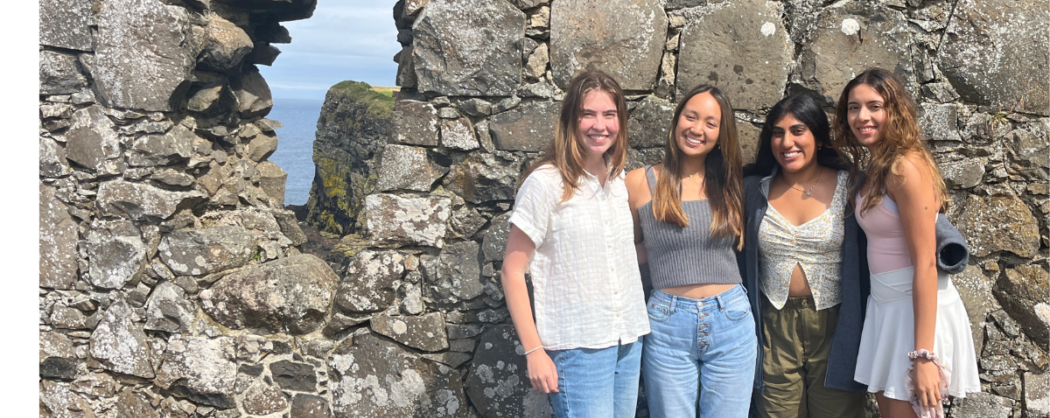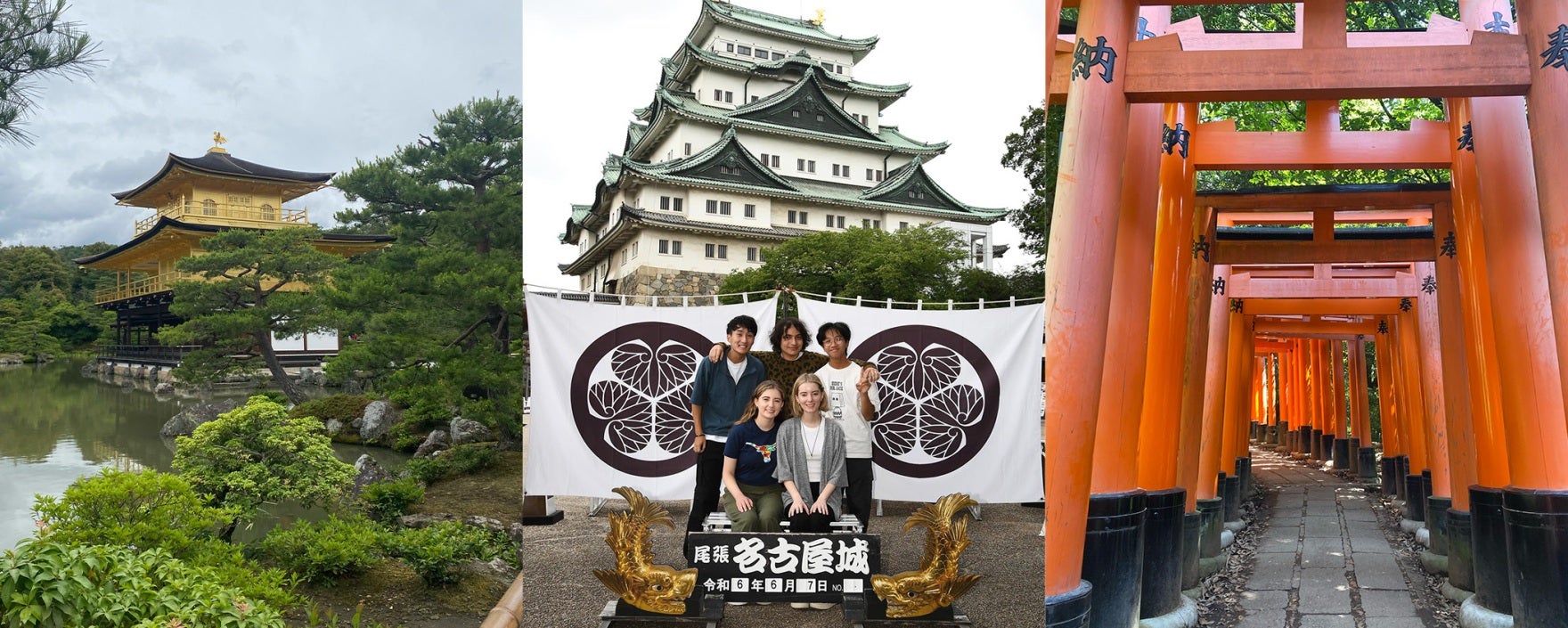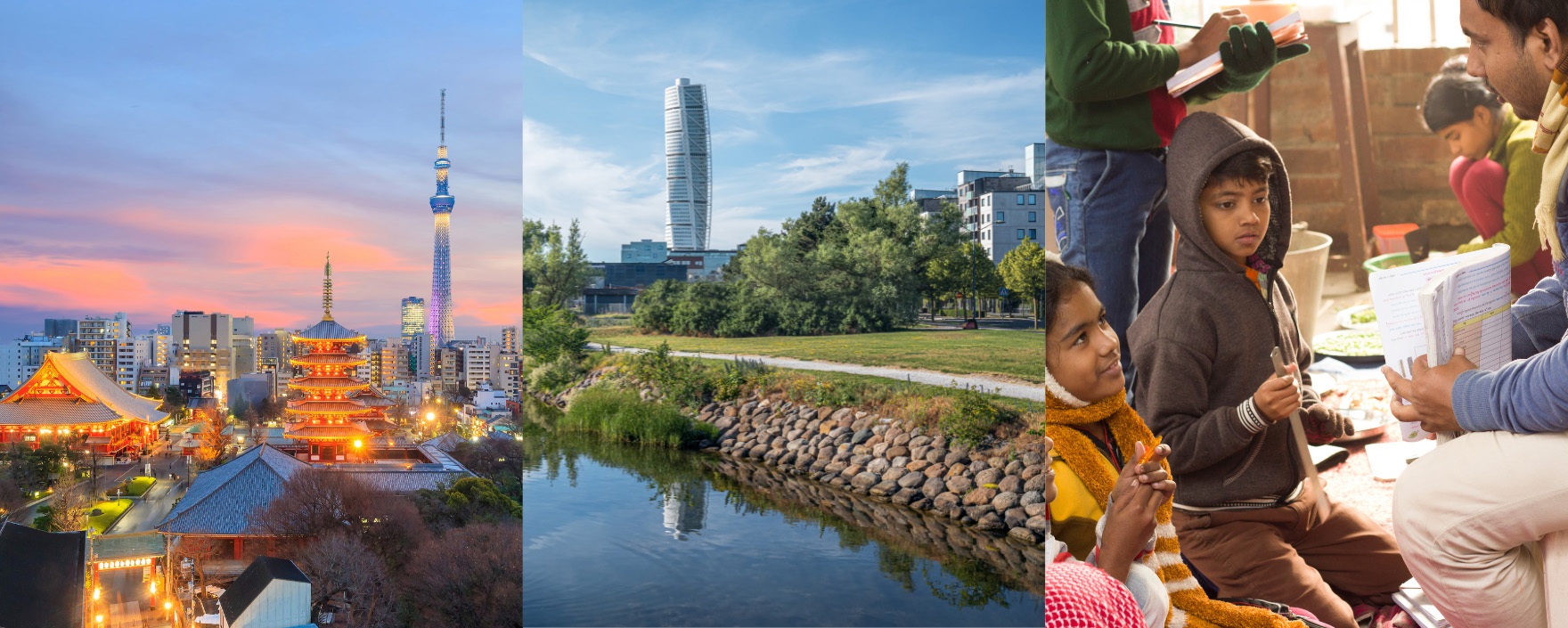Finalist Teams To Pitch Projects For The President’s Award For Global Learning
The International Board of Advisors has announced the 11 finalist teams for the 2019-2020 President’s Award for Global Learning. Each team will pitch their international research projects to the board and six of these teams will be selected to implement their projects abroad.
Since the launch of the program in 2018, the board, along with President Fenves, has chosen interdisciplinary teams of students and faculty mentors each Fall to pursue projects relating to international research, social impact, and entrepreneurship in each region of the world. The winning teams work with international partner organizations, traveling together to implement their projects and gain hands-on experience.
There were 24 proposals submitted from teams comprised of 97 students representing 11 colleges, as well as 55 faculty representing 12 colleges. A review committee of faculty from colleges and schools across campus reviewed the submitted proposals and selected the 11 finalist teams.
The finalist teams will participate in a pitch competition in October hosted by a panel of judges selected by President Fenves. From the finalist teams, one award winner per region will be selected for a total of six winning teams. The final awardees will receive up to $25,000 toward project implementation costs, as well as additional travel and academic financial support.
The finalist teams by region are:
Sub-Saharan Africa Region
A Mobile App to Reduce Malnutrition in Children (0-2 years) of Teenage Mothers in Nigeria
Validate and test a mobile app to educate teenage mothers about nutritional and health practices to decrease malnutrition in their infant and young children
Student team members: Crystal Adiele, Katie Greer, Aparna Kambhampati, Rithi Mulgaonker
Faculty team members: Dr. Jeanne Freeland-Graves, Dr. Megan Johns, Dr. Devin Walker
Graduate student team member: Mercy Sosanya
Using Interprofessional Education to Improve Community Health in Kenya
Explore the new Community Based Education and Service model implemented by Moi University and the Academic Model Providing Access to Healthcare (AMPATH)
Student team members: Kristine Adiele, Lauren Cebulske, Livia Frost, Siddha Sannigrahi
Faculty team members: Dr. Julie Zuniga, Dr. Alexandra Garcia, Dr. Suzanne Seriff
East Asia Region
How Autonomous Vehicles Might Aid Vulnerable Populations: A Case Study in Tokyo 2020 Olympic and Paralympic Games
Research how the elderly and disabled react to autonomous vehicles during the 2020 Tokyo Olympics
Student team members: Jean Kureyama, Eliezer Pearl, John Sherar, Peter Sumners
Faculty team members: Dr. Junfeng Jiao, Prof. Junko Hatanaka
Graduate student team member: Yefu Chen
Europe Russia and the Caucasus Region
Rome Waste Management: A City of the Past Facing a Crisis in the Present
Create a social campaign backed by technical practices as a platform for developing and implementing workable waste management solutions for both Rome and Austin
Student team members: Mariel Calara, Sophia Luongo, Collin Ma, Julia McNulty
Faculty team members: Prof. Antonella Del Fattore Olson, Dr. Kasey Faust, Dr. Junfeng Jiao
Sustainable Embellishments for the Apparel and Textile Industry in Copenhagen
Create embellishments for garments/accessories that biodegrade or form circular product cycle, preventing them from ending up in landfill or environment
Student team members: Lilli Bennett, Cole Collins, Dominic Schillace, Shroothi Ramesh
Faculty team members: Prof. Jessica Ciarla, Prof. Luisa Fandino, Dr. Nathaniel Lynd
Graduate student team member: Jennifer Imbrogno
Central America, Mexico, and the Caribbean Region
A Bittersweet Burden: Understanding Causes and Consequences of Diabetes Complications Using Design – Thinking in Puebla, Mexico
Study patients in Puebla, Mexico, hospitalized with preventable, acute complications of diabetes in order to identify both medical and socio-cultural systems gaps in diabetes care and to generate insights on potential points of intervention
Student team members: Harrison Mark, Kanishka Mitra, Kathryn Quan, Joyce Tiong
Faculty team members: Dr. Jacqueline Angel, Dr. Meghana Gadgil, Dr. Meeta Kothare
Graduate student team member:Christian Vazquez
Using Drones in Kankintu: Developing an Operational Drone Model for Medical Supply Chains in Central America
Develop an operational model of medical supply delivery using drones in Panama which can be replicated in other disadvantaged communities in Latin America
Student team members: Anthony Doe, Sara Flinn, Alexander Tekle, Neha Thippana
Faculty team members: Dr. Jane Champion, Dr. Maruthi Akella, Dr. Jayme Walenta
Middle East, North Africa, and Central Asia Region
The Writing on the Walls: A Comparative Study of Border Cities
Investigating lived experiences, social changes, artistic expressions, and local histories evident in two of the most controversial border wall regions in the world – Israel/Palestine and US/Mexico.
Student team members: Dany Garza, Jade Marion, Lillian Mauldin, Gabrielle Walker
Faculty team members: Dr. Amelia Rosenberg Weinreb, Dr. CJ Alvarez
Graduate student team member: Alheli Harvey
Supporting Childbirth within Displaced Populations: Creating Agency for Pregnant Women and Their Partners Through Accessible Education
Explore how to use proliferation of education to support maternal health, childbirth and neonatal health within displaced populations in Lebanon
Student team members: Juan Daniel Caballero, Deena Ismail, Avery Little, Andrew Thornton
Faculty team members: Dr. Sharmila Rudrappa, Dr. Christine Abbyad
South/Southeast Asia and Oceania Region
Developing Equality: Creating a Mobile Application to Address Health Inequalities for LGBTQ+ South Indians
Create mobile and web-based technology to deliver an adapted LGBTQ+ health and sexual health curriculum for regional healthcare providers in Chennai, India
Student team members: Shelby Hobohm, Nima Rahman, Shilpa Rajagopal, Rosaleen Xiong
Faculty team members: Dr. Phillip Schnarrs, Dr. Paul Toprac
Graduate student team member: Aniruddhan Vasudevan
Somewhere Over the Rainbow: Researching the Role of Cultural Intermediaries in India’s Media Post Section 377
Understand how organizations can successfully use brand strategy and internal policy changes to create LGBT-friendly workplaces, build greater trust with the LGBT community, and successfully use communication to shift Indian attitudes about homosexuality in the aftermath of Section 377
Student team members: Tori Clitheroe, Simi Hassam, Vinit Shah
Faculty team members: Dr. Erica Ciszek, Dr. Kamran Ali



